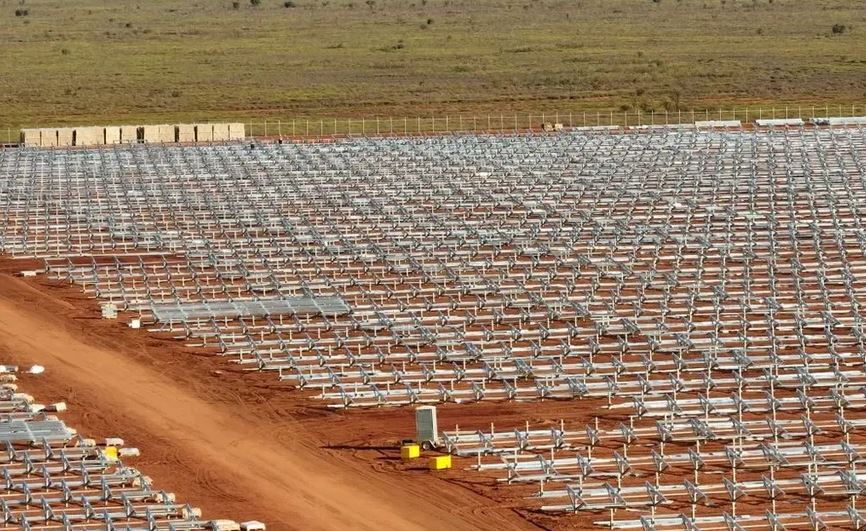The creation of a network of independent, accredited renewables assessors that could assess applications on behalf of the proposed new federal Environment Protection Agency (EPA), could accelerate renewable energy approvals through providing more efficient inputs into transparent and rigorous decision-making.
The network could operate similarly to the existing state-based contaminated site auditor schemes, leveraging the Environment Institute of Australia and New Zealand’s Certified Environmental Practitioner (EIANZ CEnvP) certification (or similar) for accredited assessors.
Challenges with EPBC Act processes
The Samuel Review found that the complexity of the EPBC Act makes it time-consuming and costly for proponents given the ‘heavy reliance on detailed prescriptive processes that are convoluted and inflexible.’ This was identified as particularly being the case for environmental impact assessment.
The Samuel Review also identified a skills shortage within the agencies responsible for approvals, such as the Department of Climate Change, Energy, the Environment and Water (DCCEEW), and the state and territory regulators.
Is accredited assessor model the answer?
The contamination and remediation sector has adopted a site auditor model in most states and territories across Australia, with some states having their own scheme, and others recognising auditors accredited in other states.
A site auditor is an independent and accredited specialist who, along with an expert support team, reviews contaminated land reports and plans prepared by project proponents or consultants, often associated with brownfield redevelopment, and certifies the site suitability or certifies that the site can be made suitable.
The site auditor model allows regulators and consent authorities to delegate some specialist review aspects to site auditors, especially where the regulator does not possess sufficient in-house expertise or resources to complete a review. The auditor provides an independent and objective opinion on the technical and environmental aspects of a project, within their area of expertise.
Applying the same model to environmental approvals through a pool of accredited independent assessors would help streamline the process and provide more robustness and transparency for complex or contentious projects.
The process of appointing site auditors is a rigorous one, and scheme guidelines typically have strong controls around conflicts of interest. Site auditors are themselves audited by their accreditation body (EPA or equivalent) on a regular basis to ensure consistency and compliance with applicable guidelines and legislation.
How this would benefit renewable energy projects:
- By streamlining the process, and reducing approval times and costs, because site auditors act as a single point of contact, providing consistent, reliable assessments.
- Site auditors offer high levels of technical expertise and professional integrity, and are subject to audits and reviews, building confidence and accountability for project proponents and regulators.
- Encouraging a culture of continuous improvement and collaboration, site auditors can keep up to date on the latest technologies and practices and provide feedback and guidance to both project proponents and regulators.
Author: Sally Wilson, Environment Market Leader, Brisbane, GHD
The views and opinions expressed in this article are the author’s own, and do not necessarily reflect those held by pv magazine.
This content is protected by copyright and may not be reused. If you want to cooperate with us and would like to reuse some of our content, please contact: editors@pv-magazine.com.








By submitting this form you agree to pv magazine using your data for the purposes of publishing your comment.
Your personal data will only be disclosed or otherwise transmitted to third parties for the purposes of spam filtering or if this is necessary for technical maintenance of the website. Any other transfer to third parties will not take place unless this is justified on the basis of applicable data protection regulations or if pv magazine is legally obliged to do so.
You may revoke this consent at any time with effect for the future, in which case your personal data will be deleted immediately. Otherwise, your data will be deleted if pv magazine has processed your request or the purpose of data storage is fulfilled.
Further information on data privacy can be found in our Data Protection Policy.